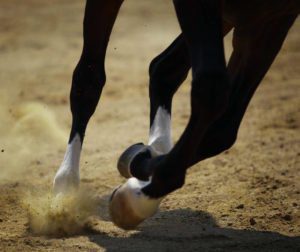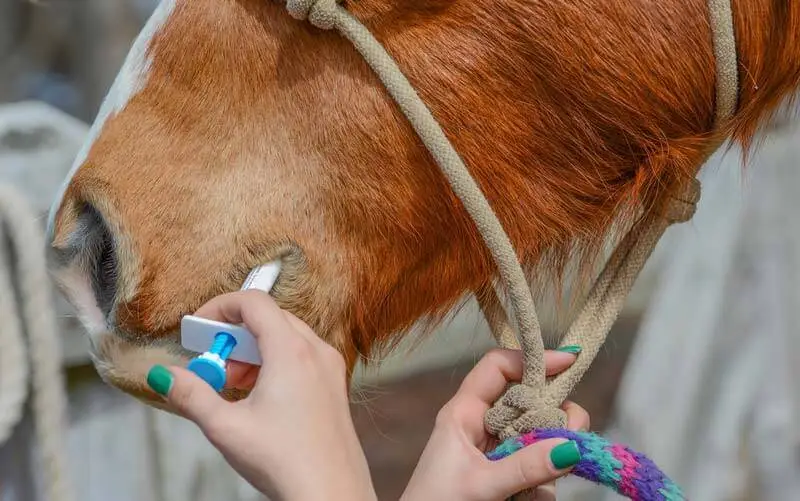Neurologic or Lame: How to Tell the Difference in Horses
Your horse moves uneasily under saddle and your mind begins to race – could it be a stone bruise or is it something more sinister? In this article, we outline the difference between neurologic disorders and lameness in horses.
The difficulty with neurologic and lameness is they can both begin with unsteadiness in the gaits. However, neurologic disorders are also often characterised by unusual behaviours and odd postures, which can make a neurologic horse dangerous to themselves and others.
Lameness
One of the most common complaints of horse owners, lameness is noticed as an abnormal stance or gait. There are many causes of lameness, such as hoof abscesses, heel pain, navicular syndrome, degenerative joint disease or injury, and it can range from subtle to severe.
A structural or functional disorder of the locomotor system, lameness is a clinical sign, not a disease. Lameness may, in fact, be one of the first signs that your horse has a neurologic disorder – i.e. neurologic lameness.
Neurologic Disorders
From mild lameness, a neurologic horse may begin to present with more obvious clinical signs, such as staggering, incoordination (ataxia) or muscular weakness. Ataxia is very concerning as the horse may lose their balance, stumble or actually fall down.
A neurologic horse may become mentally sluggish or hyper-reactive to stimuli. Abnormal postures, particularly how the horse holds their neck or tail, may also indicate neurologic problems, along with difficulty seeing, chewing or swallowing.
Diagnosis
Horse owners should contact a veterinarian as soon as they notice clinical signs that could indicate a neurologic problem. Your veterinarian can perform both lameness and neurologic examinations that will help to arrive at a diagnosis.
To determine the presence of a neurologic disorder, your veterinarian will test your horse’s proprioception, strength, stability and coordination. These physical tests may be combined with radiographs, MRI or CAT scans.




